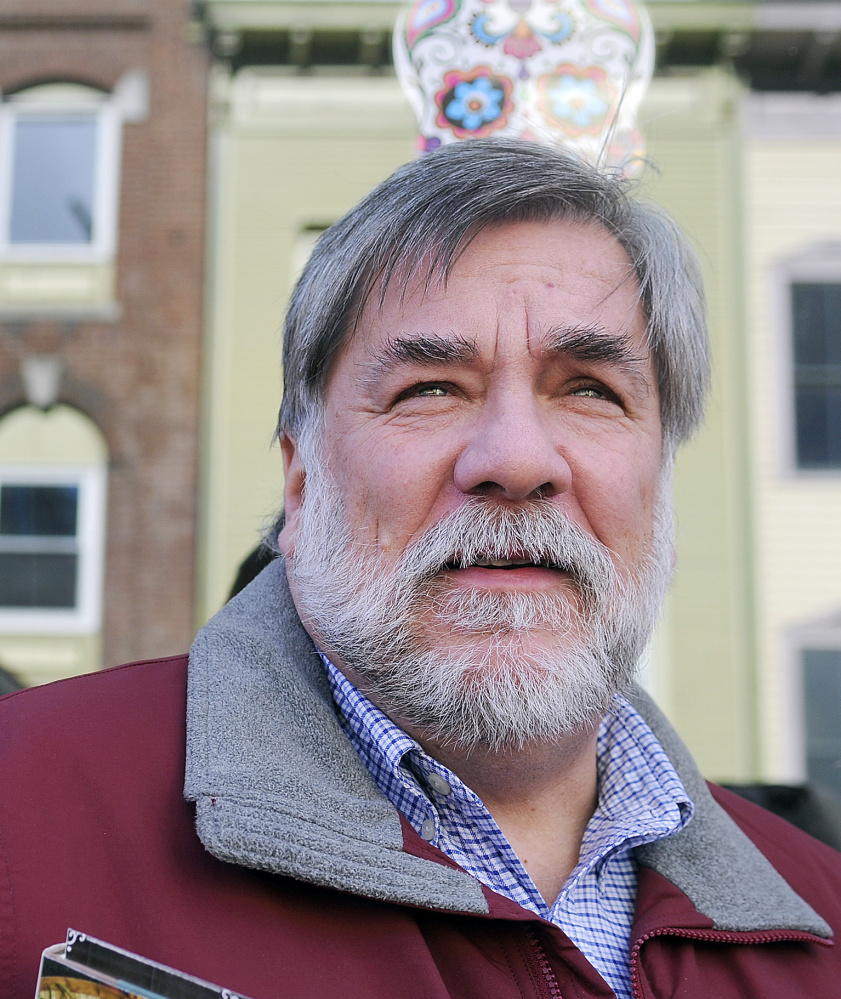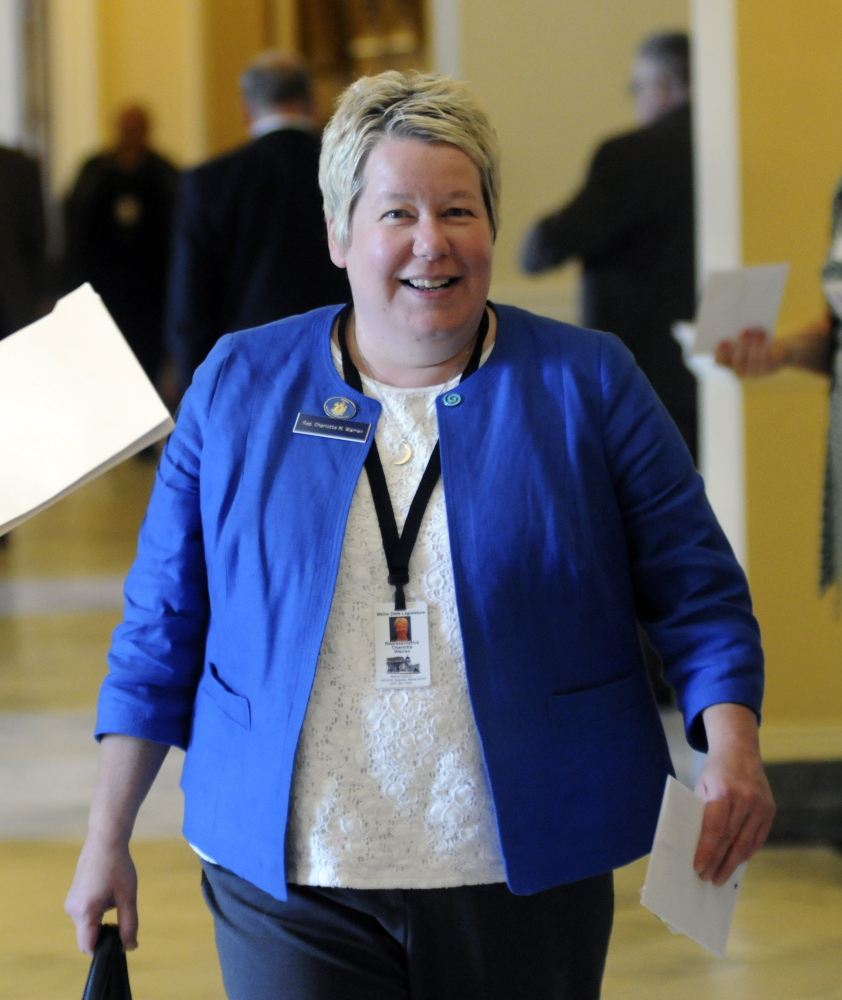Officials in Hallowell and Gardiner are denying a statement by the Maine Republican Party saying they “would like to become sanctuary cities.”
Elected officials in both cities have said, in the wake of President Trump’s executive order Friday that temporarily bans travel from seven Muslim-majority countries, that they want to be welcoming places for immigrants and refugees. On Saturday, Gardiner elected officials met for their annual goal setting session, and one of their announced goals was making Gardiner a welcoming city to senior citizens, families and immigrants.
But no one talked about establishing a sanctuary city during that four-hour meeting.
“Gardiner has an interest in growing the population,” Mayor Thom Harnett said Monday.
On Sunday, Rep. Charlotte Warren, D-Hallowell, floated the idea on Facebook of creating a “sanctuary,” in Hallowell, but she said Tuesday that wasn’t her intent.
Warren’s post to her constituents said she has “reached out to Hallowell Mayor Mark Walker and requested that our beautiful, loving city become a ‘Sanctuary City’ – a community welcoming of everyone – in defiance of President Trump.”
“My intention is to reaffirm the values of Hallowell,” she said in a Tuesday interview.
Warren said she began working on the draft of a resolution Sunday night with several constituents and hopes the City Council approves it at its Feb. 13 meeting.
“It’s not an ordinance, policy or law,” she said. “It’s a resolution, which is a statement of values. The values of our city is to be welcoming of everyone.”
On Tuesday, Maine Republican Party Executive Director Jason Savage sent an email urging people to contact elected officials representing Gardiner and Hallowell to tell them to halt efforts to become sanctuary cities.
“This is a purely political move, a symbolic act against the president’s executive orders this past week,” Savage wrote in an email with the subject line “Potential Sanctuary Cities.” “Sadly, if they follow through with these wishes, it can have very real effects on the people who currently live in these municipalities.”
In the email, Savage included home telephone numbers of Harnett and the members of the Gardiner City Council as well as of Walker and the members of the Hallowell City Council.
“Our concern,” Savage said, “is these municipalities are deliberately putting themselves at odds with immigration laws.”
That could jeopardize federal funds to those communities, he said. If Gardiner and Hallowell residents want to defy immigration law, they are setting up their residents to foot the bill, he said.
A sanctuary city is a term without a specific legal definition.
“It’s not entirely clear what it means,” said Mark Brewer, a professor of political science at the University of Maine.
Generally, he said, a sanctuary city is one that has moved, either by formal policy or informal practice, to shelter immigrants from certain federal immigration policies.
“As a candidate, Trump said he would crack down on sanctuary cities,” Brewer said. “His supporters see this as a simple demand to follow the law of the land. Opponents think it’s discriminatory and nativistic, and they are doing the humanitarian thing.”
Several U.S. cities have declared themselves to be sanctuary cities, including Chicago, New York, San Francisco and Seattle.
Brewer said no city in Maine has identified itself that way.
“Gov. LePage has labeled Portland a sanctuary city and says they are refusing to enforce federal immigration law,” he said.
Portland Mayor Ethan Strimling has said the city is not a sanctuary and is not refusing to enforce the law.
Savage disputed that, saying that Portland falls into a gray area.
Staff writers Jason Pafundi and Amy Calder contributed to this report.
Jessica Lowell can be contacted at 621-5632 or at:
jlowell@centralmaine.com
Twitter: @JLowellKJ
Copy the Story LinkSend questions/comments to the editors.




Success. Please wait for the page to reload. If the page does not reload within 5 seconds, please refresh the page.
Enter your email and password to access comments.
Hi, to comment on stories you must . This profile is in addition to your subscription and website login.
Already have a commenting profile? .
Invalid username/password.
Please check your email to confirm and complete your registration.
Only subscribers are eligible to post comments. Please subscribe or login first for digital access. Here’s why.
Use the form below to reset your password. When you've submitted your account email, we will send an email with a reset code.